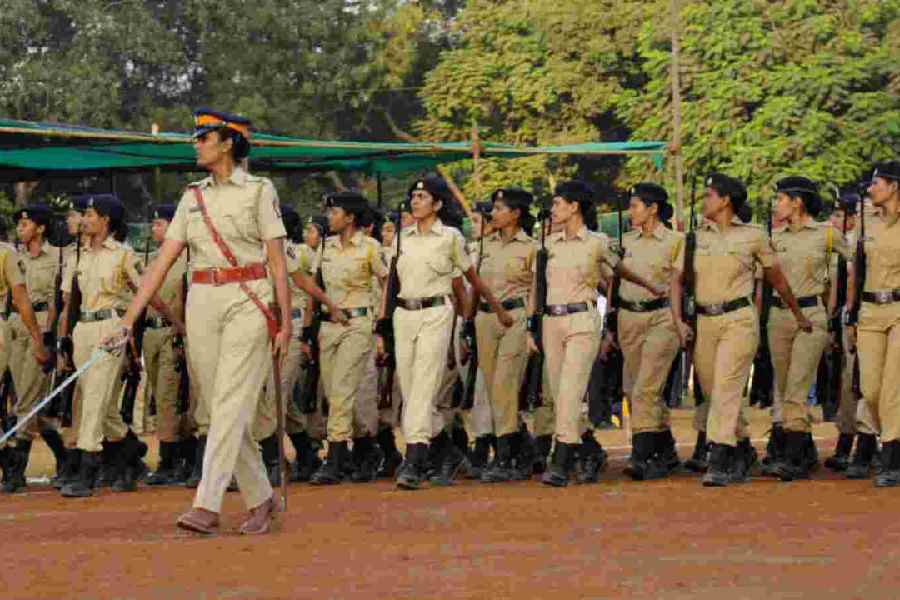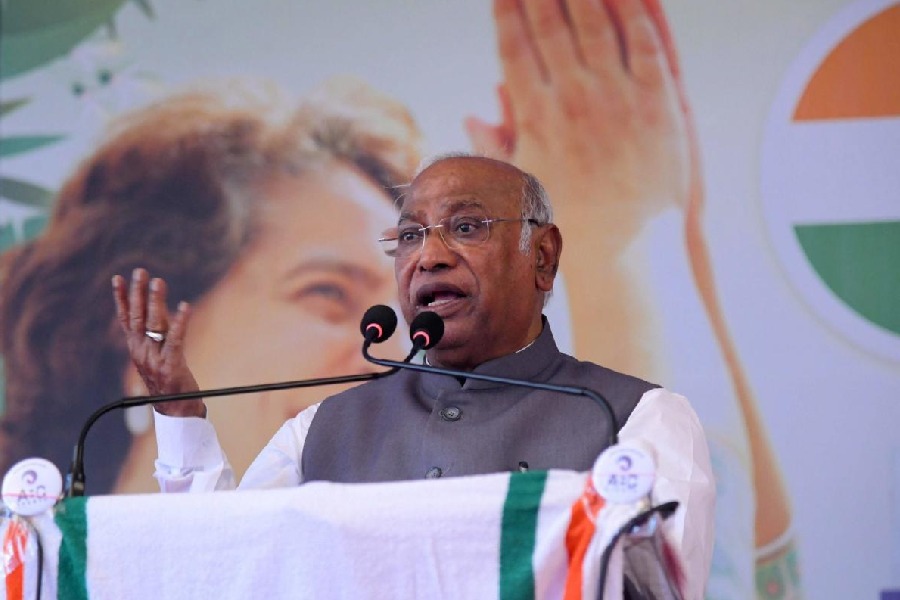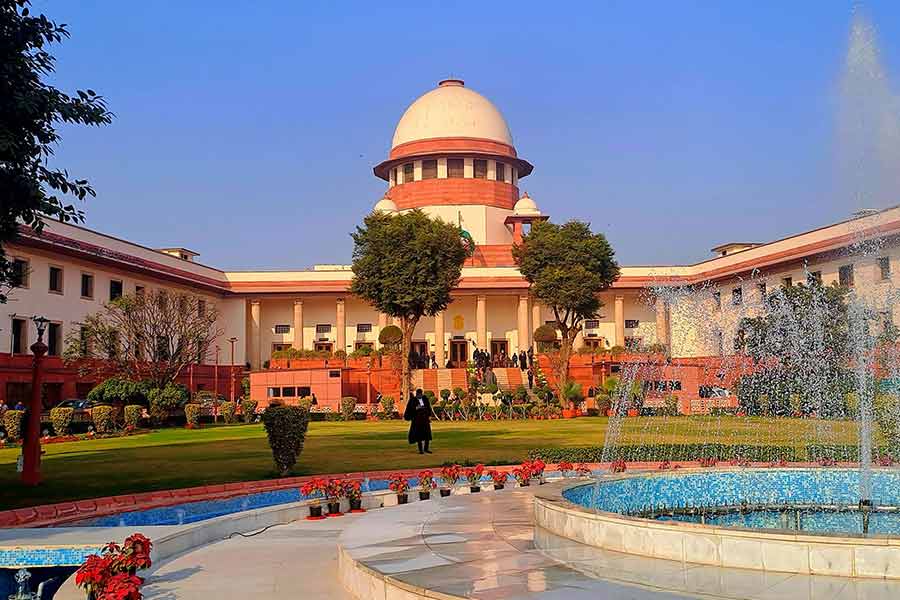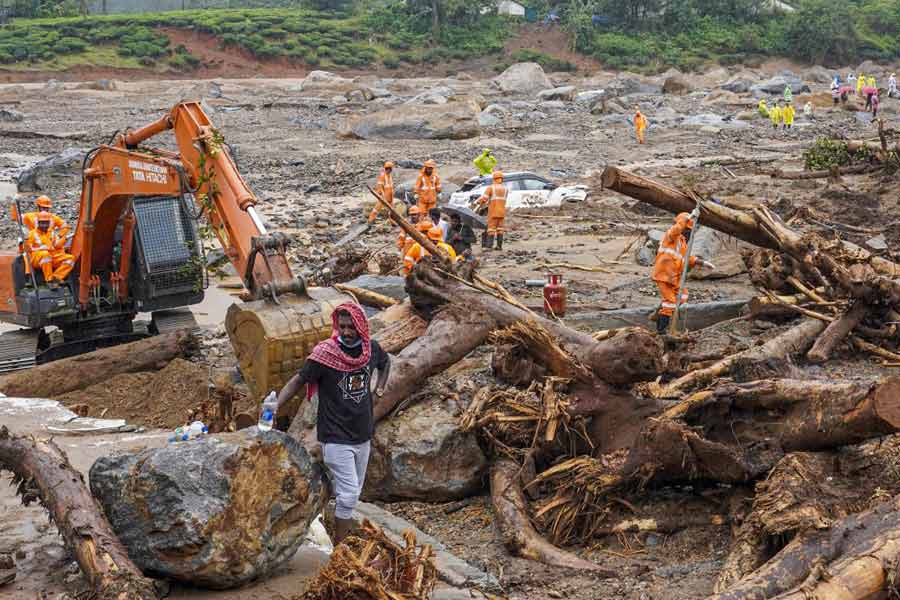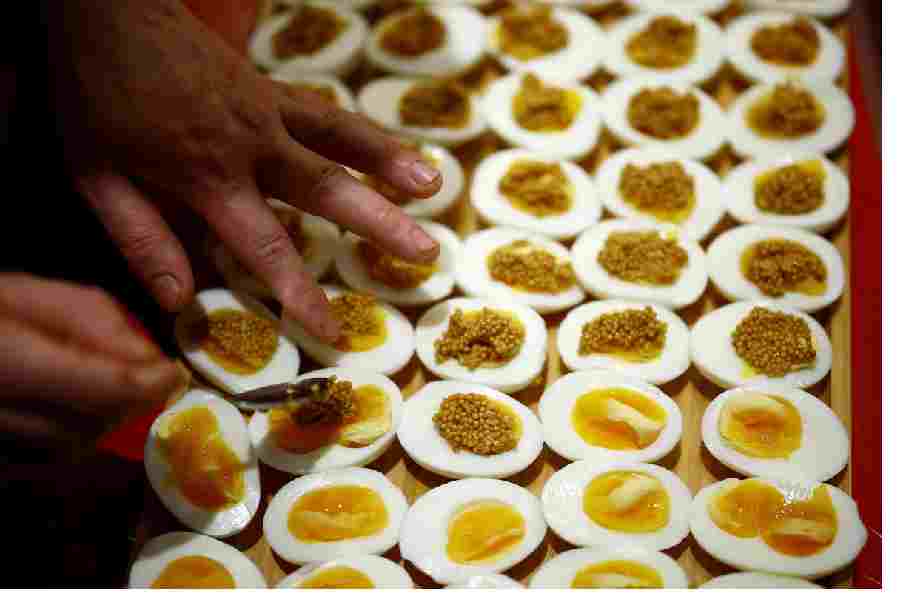This year perhaps more than ever before, the college essay has served as a canvas for high school seniors to reflect on a turbulent and, for many, sorrowful year. It has been a psychiatrist’s couch, a road map to a more hopeful future, a chance to pour out intimate feelings about loneliness and injustice.
In response to a request from The New York Times, more than 900 seniors submitted the personal essays they wrote for their college applications. Reading them is like a trip through two of the biggest news events of recent decades: the devastation wrought by the coronavirus and the rise of a new civil rights movement.
To some degree, the students were responding to prompts on the applications, with their essays taking on even more weight in a year when many colleges waived standardised test scores and when extracurricular activities were wiped out.
Here are excerpts from a few of the essays, edited for length.
Mary Clare Marshall
During the pandemic the student of Sacred Heart Greenwich in Connecticut realised that her mother had cancer
My parents acted like everything was normal, but there were constant reminders of her diagnosis. After her first chemo appointment, I didn’t acknowledge the change. It became real when she came downstairs one day without hair. And it hit me all over again. I couldn’t help but be angry at God. I felt myself experiencing immense doubt in everything I believe in. Unable to escape my house for any small respite, I felt as though I faced the reality of my mom’s cancer totally alone.
Mina Rowland
She lives in a shelter in San Joaquin County, California, because she became homeless in middle school
I know that I have outlets for my pain and anguish. Most things that I’ve had in life have been destroyed, stolen, lost or taken, but art and poetry shall be with me forever. The stars in Starry Night are my tenacity and my hope. Every time I am lucky enough to see the stars, I am reminded of how far I’ve come and how much farther I can go.
Ivy Wanjiku
She and her mother came to America “with nothing but each other and $100,” writes Ivy, who was born in Kenya and attends North Cobb High School in Kennesaw, Georgia
I am a triple threat. Foreign, black, female. From the dirt roads and dust that covered the attire of my ancestors who worshiped the soil, I have sprouted new beginnings for generations. But will that generation live to see its day? Melanin mistaken as a felon, my existence is now a hashtag that trends as often as my rights, a facade at best, a lie in truth. I now know more names of dead blacks than I do the amendments of the Constitution.

Empty lockers at Sierra Vista High school this Jabuary NYTNS
Ahmed AlMehri
This student of the American School of Kuwait lost a revered relative to Covid-19
Fareed Al-Othman was a poet, journalist and, most importantly, my grandfather. To many, he’s just a statistic — one of the “inevitable” deaths. But to me, he was, and continues to be, an inspiration. I understand the frustration people have with the restrictions, curfews, lockdowns and all of the tertiary effects of these things. But I, personally, would go through it all a hundred times over just to have my grandfather back.
Levi Burks
This student of Westerville Central High School in Ohio, US, found society confronting a problem that was very personal to her
Since I was a small child I have watched my father put on his dark blue uniform to go to work. As the African-American daughter of a police officer, I believe in what my father stands for, and I am so proud of him because he is not only my protector but the protector of those I will likely never know. When I was young, I imagined him always being a hero to others, just as he was to me.
However, as I have gotten older and watched television and social media depict the brutalisation of African-Americans at the hands of police, I have come to a space that is uncomfortable. I am certain there are others like me — African-Americans who love their police officer family members, yet who despise what the police are doing to African-Americans.
I know that I will not be able to rectify this problem alone, but I want to be a part of the solution where my paradox no longer exists.
Henry Thomas Egan
A student at Creighton Preparatory School in Omaha, Nebraska, US, he attended a protest after the death of George Floyd
I had never been to a protest before; neither my school, nor my family, nor my city are known for being outspoken. Thousands lined the intersection in all four directions, chanting, “He couldn’t breathe! George Floyd couldn’t breathe!” In my head, thoughts of hunger, injustice and silence swirled around. In my ears, I heard lyrics playing on a speaker nearby, a song by Nina Simone: “To be young, gifted, and Black!” The experience was exceptionally sad and affirming and disorienting at the same time, and when the police arrived and started firing tear gas, I left.
Nandini Likki
This senior of the Seven Hills School in Cincinnati, US, took care of her father after he was hospitalised with Covid-19
When he came home, my sister and I had to take care of him during the day while my mom went to work. We cooked his food, washed his dishes, and excessively cleaned the house to make sure we didn’t get the disease as well.
It was an especially harrowing time in my life. However, I think I grew emotionally because of the experience. My sister and I became more responsible as we took on more adult roles in the family. I grew even closer to my dad and learned how to bond with him in different ways. Although the experience isolated me from most of my friends who couldn’t relate to me, my dad’s illness taught me to treasure my family even more and cherish the time I spend with them.


